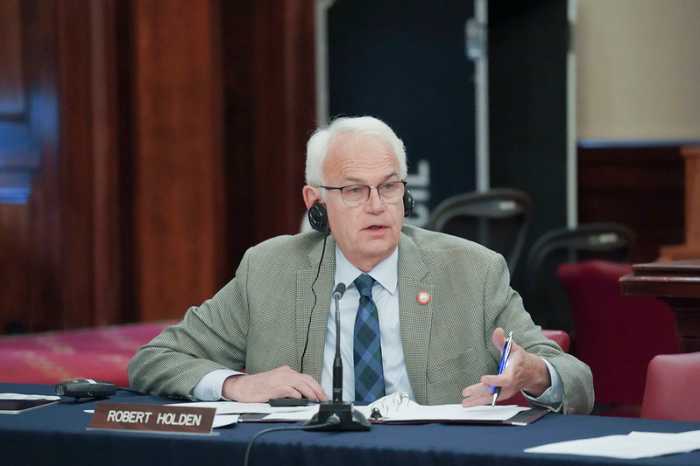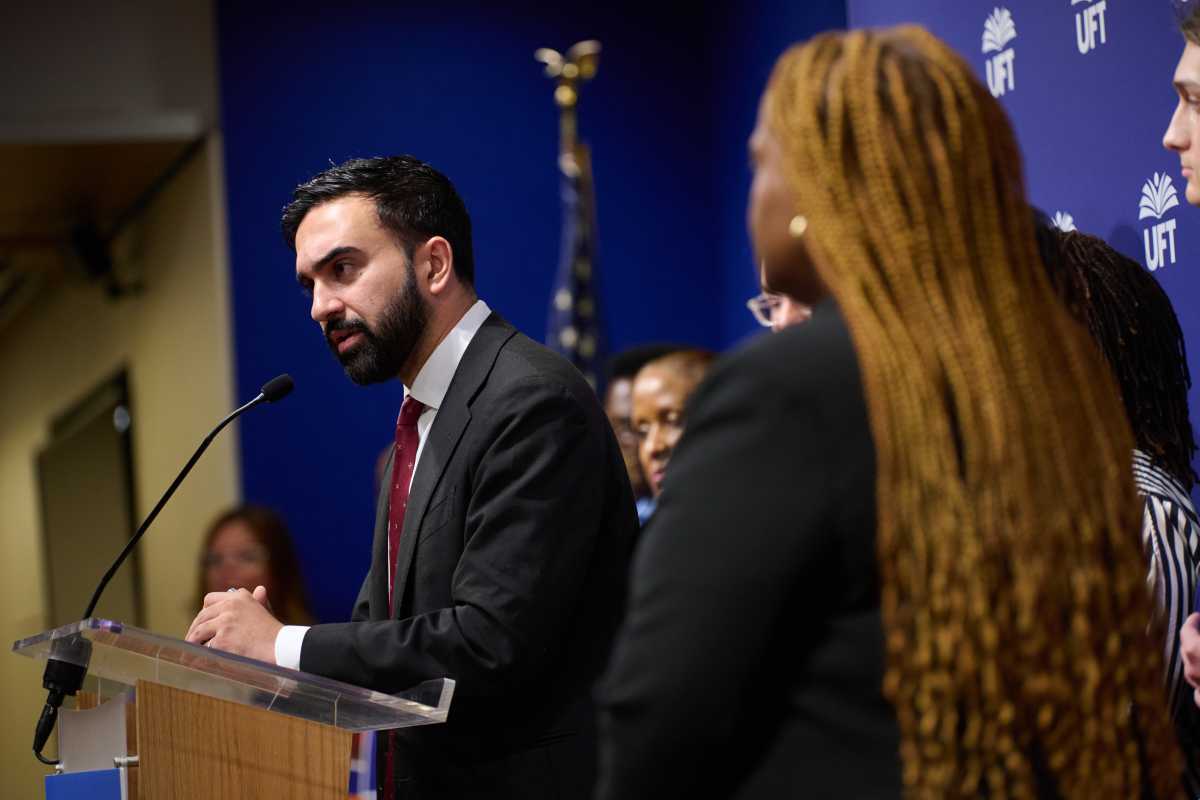By Patrick Donachie
The New York City Council voted to significantly reform the city’s Nuisance Abatement Law Wednesday, amending legislation that enabled the city to shut down residencies and commercial establishments deemed “nuisances.”
“It’s become obvious that the city is too loose with the nuisance abatement law in some cases, locking people out of their homes before being found guilty and doing warrantless searches,” Councilman Donovan Richards (D–Arverne) said. “The NYPD can also act too slowly, which can lead to businesses or residences being shut down months after the matter has been resolved.”
The Nuisance Abatement Law was passed in 1977 by the Council as a tool for the NYPD to combat prostitution and unsavory establishments in Times Square, and has since been expanded to include locations where drugs are alleged to be sold or alcohol allegedly sold to minors. According to the Council, these practices suffered from lax oversight and have disproportionately affected communities of color.
The Council said the NYPD brought 2,609 NAL actions between 2013 and 2015, with a high of 920 actions in one year, though the Council said such actions were drastically reduced in 2016. The 13 bills approved Wednesday are collectively called the Nuisance Abatement Fairness Act. The measure was first introduced in November 2016, with legislators aiming to amend the law while ensuring the NYPD still had the ability to use nuisance abatement if deemed absolutely necessary.
“This package of legislation will reform these laws to eliminate the most Draconian penalties, and limit its application to ensure that innocent people do not lose their homes or businesses, all while still permitting the swift shuttering of illegal houses of prostitution, bodegas that sell K2, and other actual nuisances when appropriate,” Council Speaker Melissa Mark-Viverito (D-Manhattan) said in November.
Viverito was one of several co-sponsors for the bill, including Richards, fellow Council members Karen Koslowitz (D–Forest Hills) and Barry Grodenchik (D–Oakland Gardens). The collection of bills was approved by the Committee on Public Safety Tuesday for a full Council vote Wednesday.
The legislation limits the use of ex parte orders, which allow the city to go before a judge who can mandate a temporary or permanent closure of a home or business without offering the tenant or homeowner an opportunity to hear the case or defend themselves. And while previously even misdemeanor drug possession constituted a “nuisance” issue, according to the NYPD, with the new reforms, only drug sales and felony possession could lead to a lockout.
Richards said there was previously no statute of limitations on nuisance abatement cases, leading to businesses and residencies remaining closed for months after issues were settled. The NYPD would sometimes check in on a property as much as a year or more after the nuisance complaint — even after the offending tenant had left — leading to undue hardship for the current tenants, according to Richards.
“We need to mandate that the NYPD acts quickly and decisively in these instances to ensure that we are not punishing New Yorkers for another’s crime,” Richards said in November. Legislation he sponsored would set a four-month statute of limitations in which the NYPD could act on a nuisance complaint.
Other pieces of the legislation would also prohibit individuals from being permanently excluded from a residence and require lab analysis for all drug-related nuisance cases, among other provisions.
Larry Byrne, the commissioner for legal matters with the NYPD, testified in November that the proposed statute of limitations could be too short to fully resolve a complaint — especially with the other new requirements set out in the reforms.
“We think four months is too short,” he told the Council, saying that “as a practical matter, to do all the things these 13 bills are asking to do, it can’t be done within four months of the first criminal act and when the court order is obtained.”
Reach reporter Patrick Donachie by e-mail at pdona





































